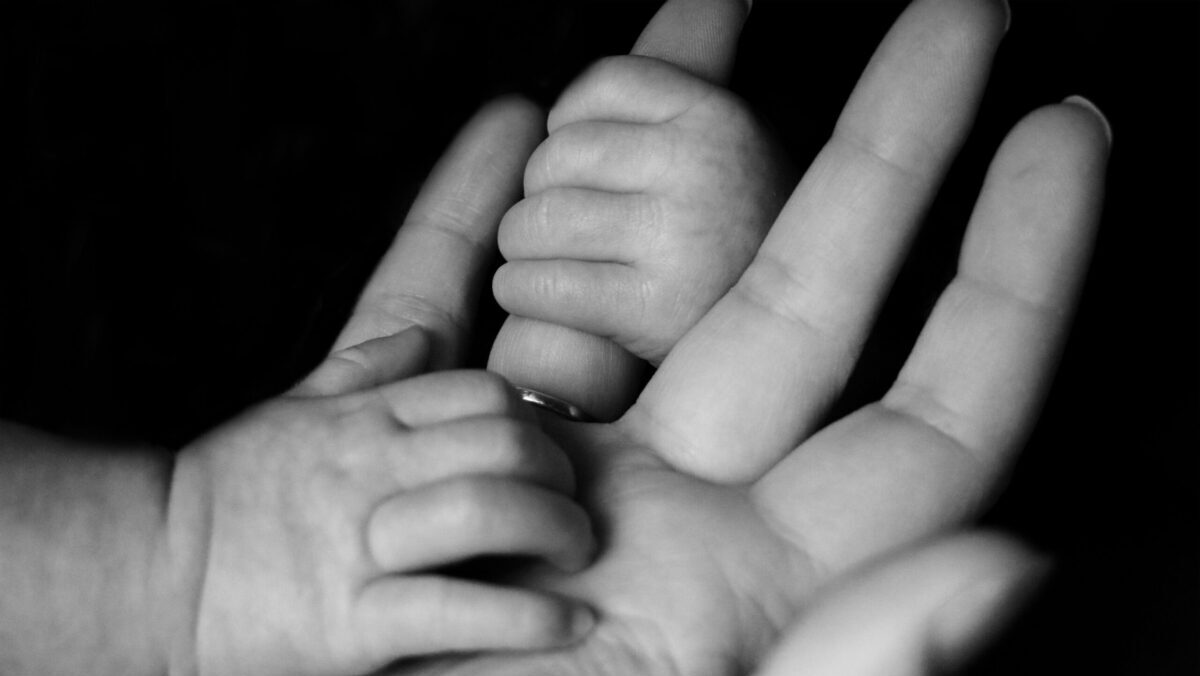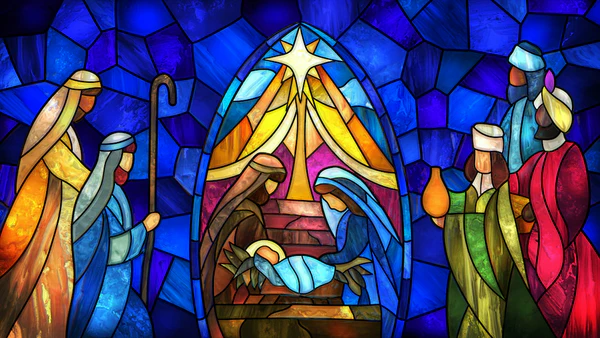I grew up knowing very little about Deaf culture.
As a kid, I had interacted with a few Deaf adults, and gave myself a pat on the back when I understood one question they asked me. But I did not go out of my way to talk with them. Not that I had anything against them; I was just in my own little world, and in my world, everyone speaks my language.
Over the past few years, however, God has opened many doors to a world outside my own, a planet which is complicated, a universe more overwhelming than my self-centered solar system, yet a world which is real: His world.
My friend, Sam, and I started the summer American Sign Language class at the Mississippi School for the Deaf. At this point, we have had a single class, and I assume a timid ability to spell our names and count to 20 will not get us too far. By her own desire to learn, Sam had studied some ASL in high school, but her program was through an old curriculum, and like every living language, ASL is constantly evolving.
As for me, the desire to learn ASL only occasionally crossed my mind, until I started working at the Mississippi Baptist Convention Board and writing articles with the Multicultural Ministries Department. In fact, my first out-of-building interview was at the Mississippi Baptist Conference of the Deaf. I knew most of my ASL alphabet (although I had my r and x mixed up), and many attending interpreters happily helped me, but I certainly lacked the confidence to conduct an interview well, let alone a cross-cultural, bilingual interview! Yet even in my ignorance, the Lord was so kind through these men and women, who just wanted to share the world we live on.
A few months after, I had the opportunity to meet a truly gracious and godly couple. At Liberty Baptist Church in Flowood, Martha and Martin Davis, both Deaf, faithfully attend their Sunday School class in ASL, even though most days, only they and Debbie Battle, our hearing friend, can attend. The Davises are renowned for their gentle patience in teaching hearing adults how to sign. When I befriended Ms. Martha, Mr. Martin, and Ms. Debbie, I realized my need: if I want to communicate with my friends, I must be teachable, not embarrassed.
Lessons learned
Here is a sample of the little Sam and I have learned so far:
- Learning ASL is not about translating words but interpreting concepts. Our Deaf friends do not think in English; ASL is an entirely different language. They think by concepts, memories, pictures. We hearing people do that in our own way, don’t we? If we translated our English into ASL word-for-word, it would sound choppy and robotic. We must interpret what we mean.
- Even if I have to spell a lot or ask a Deaf friend to teach me some words, I have to talk to I need to make eye contact with them. Not just to an interpreter. The Deaf are brilliant — and they are people. They communicate and they do it well.
- Facial expressions play as important a role as That’s one of my favorite facts. If you want to find a fantastic storyteller, look for a Deaf friend.
What stood out most of all to Sam and I is the significance of sign-names. Imagine if we went around spelling everyone’s name aloud just to get their attention; that would be annoyingly long for people like Jeremiah or Penelope. So instead of constantly signing their name after a first encounter, individuals usually have a name which represents them based on their unique characteristics.
Instead of assigning one to yourself, however, the respectful thing to do in Deaf culture is for someone within the community to give you a name. These names can be very clever, and it’s an important part of the community to refer to each other by these given names. It means that you are a friend: known, loved and trusted.
‘Jesus: A Deaf Missions Film’
After our first ASL class, Sam and I were eager to watch “Jesus: A Deaf Missions Film,” a movie made for Deaf by Deaf, showing the life of Jesus in their heart language. With a cast entirely made up of Deaf actors, every character signed, and subtitles were provided for us guests. The movie had sound and music (which rumbled the cinema seats at the most intense moments), but no English.
Sitting next to us was a Deaf woman named Cathy, who hilariously pointed out that she is the one usually “twiddling her thumbs” during a movie, but now it was our turn to watch another language. It’s about time we had a movie in ASL, and what a perfect story to tell.
Truly, the movie was not made for me, but as Jesus gave His life for the whole world, I heard the sniffles around the theater which sounded so much like my own, and I was reminded of what God has been teaching me for a long time now — that He breaks the barriers which keep His family apart.
Debbie Battle, my hearing friend from Liberty Church who has been learning sign since her college years, wrote me her tender thought on the movie, “Through sign, I ‘heard’ the gospel in a new way.”
She’s right. The gospel is powerful in every language because the gospel is true for every people.
‘Ultimate friend’
At the end of the movie (slight spoiler warning), the disciples learn that the people have given the resurrected Christ a new sign-name: our fingers dotting the places where the nails pierced His hands. Because of children’s Sunday School songs, Sam and I had always known that sign meant Jesus, but it was that night we realized it’s not just a symbol — it’s a sign-name. At some point in history, Jesus received a sign-name.
His sign-name makes perfect sense. He is not only a part of community, He is community. “Greater love hath no man than this, that a man lay down his life for his friends” (John 15:13, KJV).
And Jesus is the ultimate friend.
EDITOR’S NOTE — This story was written by Lindsey Williams and originally published by The Baptist Record.






